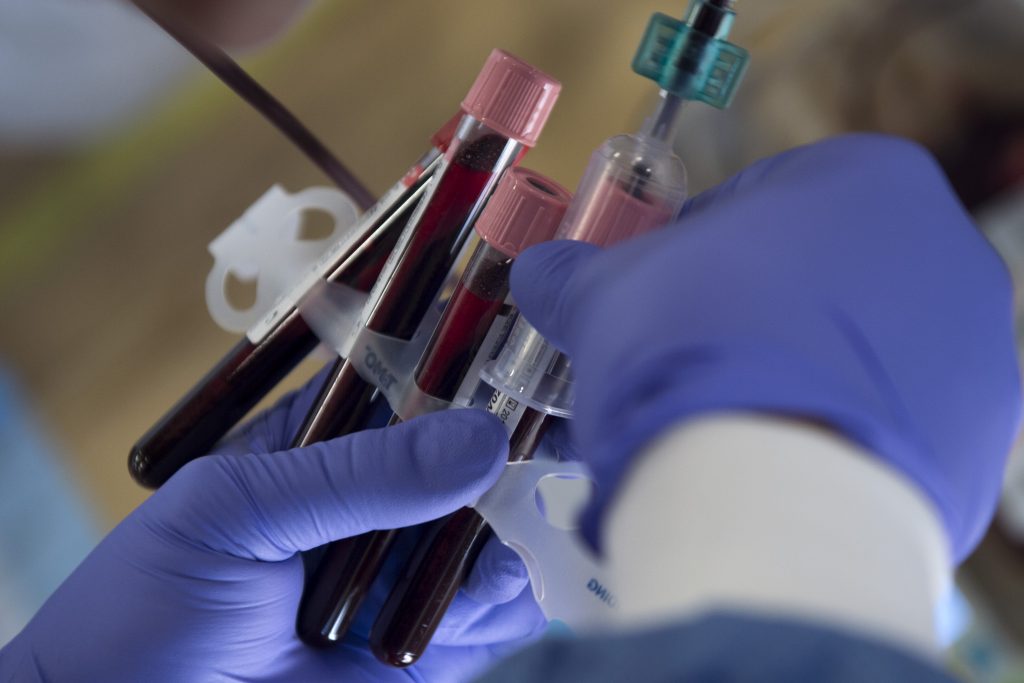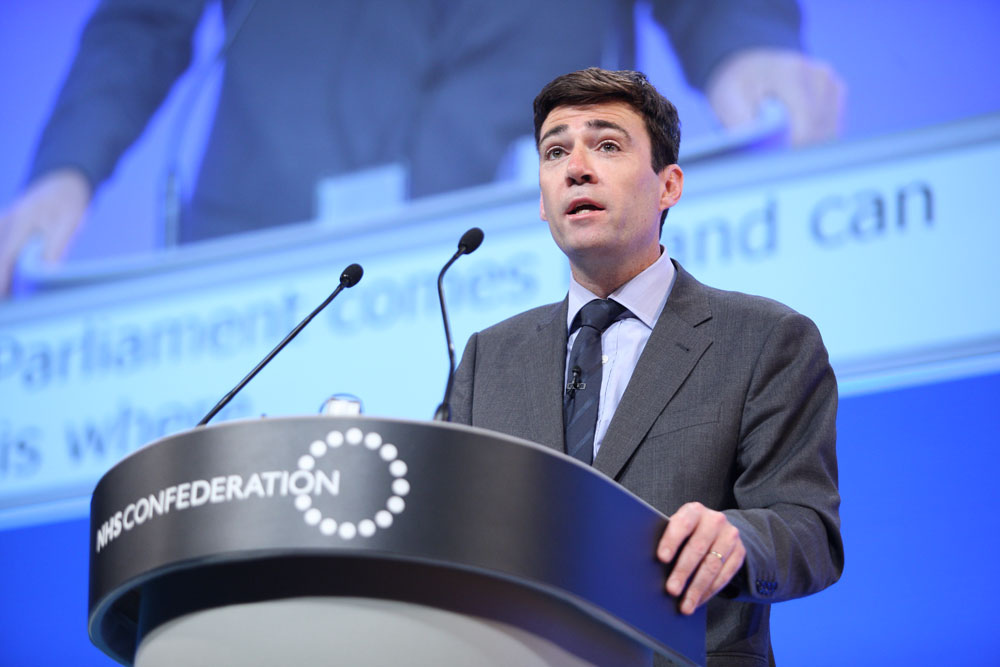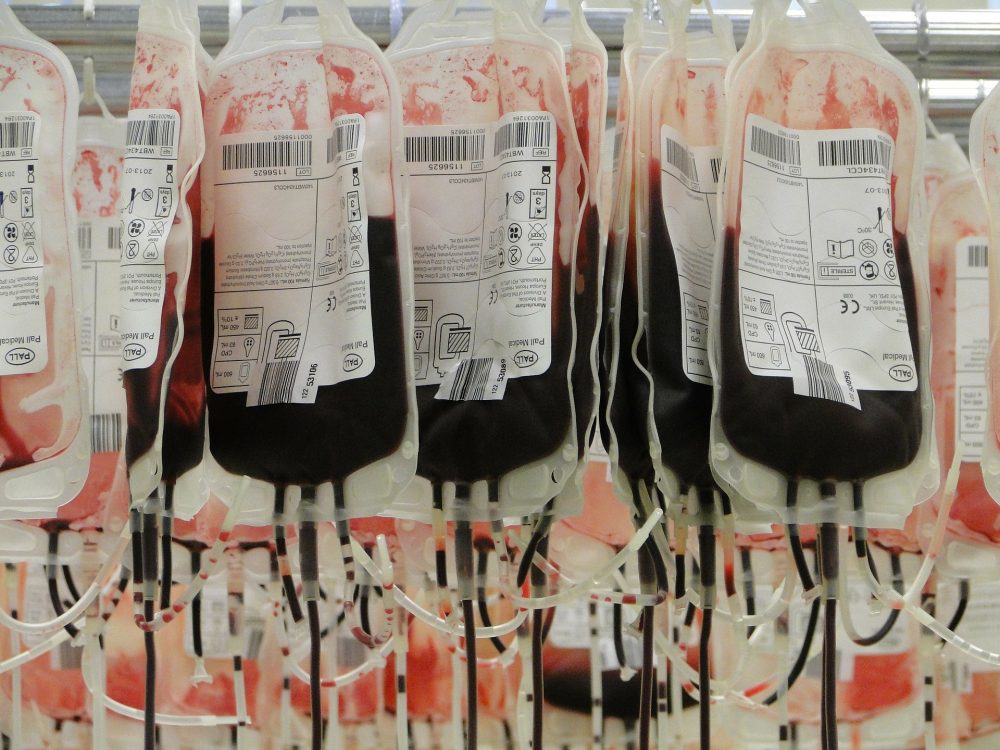A public inquiry into the deaths of nearly 3,000 people who received contaminated blood from the NHS during the 1970s and 1980s has opened today.
In the 1970s and 1980s, thousands of people were infected with Hepatitis C and HIV after being administered contaminated blood imported from the US.
For decades, campaigners have fought for a public inquiry to seek answers about what has been described as ‘the worst treatment disaster in the history of the NHS’.
The public inquiry is chaired by retired judge Sir Brian Longstaff, and will investigate a possible cover up at the Department of Health and the destruction of documents.
Today sees the opening of the @bloodinquiry after so many years of campaigning across the community. We will all be thinking of those who are not here to see this and hope that finally we learn the truth and that justice is the result for so many. #ContaminatedBlood #haemophilia
— Haemophilia Society (@HaemoSocUK) September 24, 2018
Background of the Contaminated Blood Scandal
 Image: Senior Airman Philip Bryant
Image: Senior Airman Philip Bryant
In the 1970s and 1980s, roughly 5,000 people with haemophilia and other bleeding disorders were multiply-infected with HIV and hepatitis viruses through the use of contaminated blood.
More than 2,400 people have since died and, of the 1,200 people infected with HIV, fewer than 250 are still alive, according to the Haemophilia Society.
The contaminated blood products were taken from as many as 40,000 people, including high risk groups such as prison inmates who sold their blood and intravenous drug users.
People who underwent blood transfusions for other reasons, such as women giving birth, were also exposed to the contaminated blood. Today, it’s estimated that as many as 30,000 people may have been infected.
“The Greatest Untold Injustice in the History of this Country”
 Image: NHS Confederation/flickr.com
Image: NHS Confederation/flickr.com
Victims and their families have been calling for a public inquiry for decades.
In July 2017, following many years of pressure, campaigning and legal action, Theresa May granted a public inquiry.
She said the scandal was an “appalling tragedy which should simply never have happened”.







